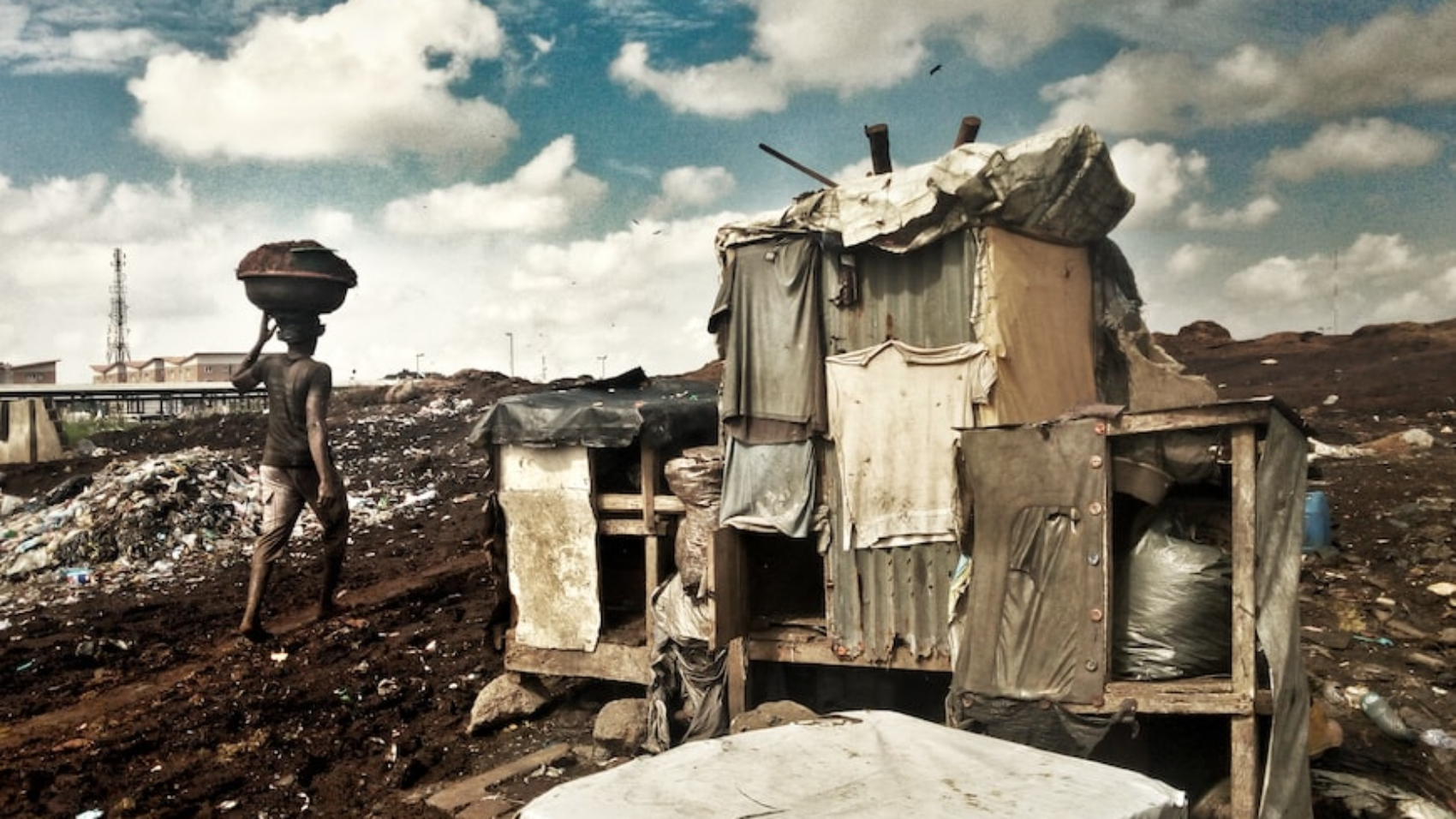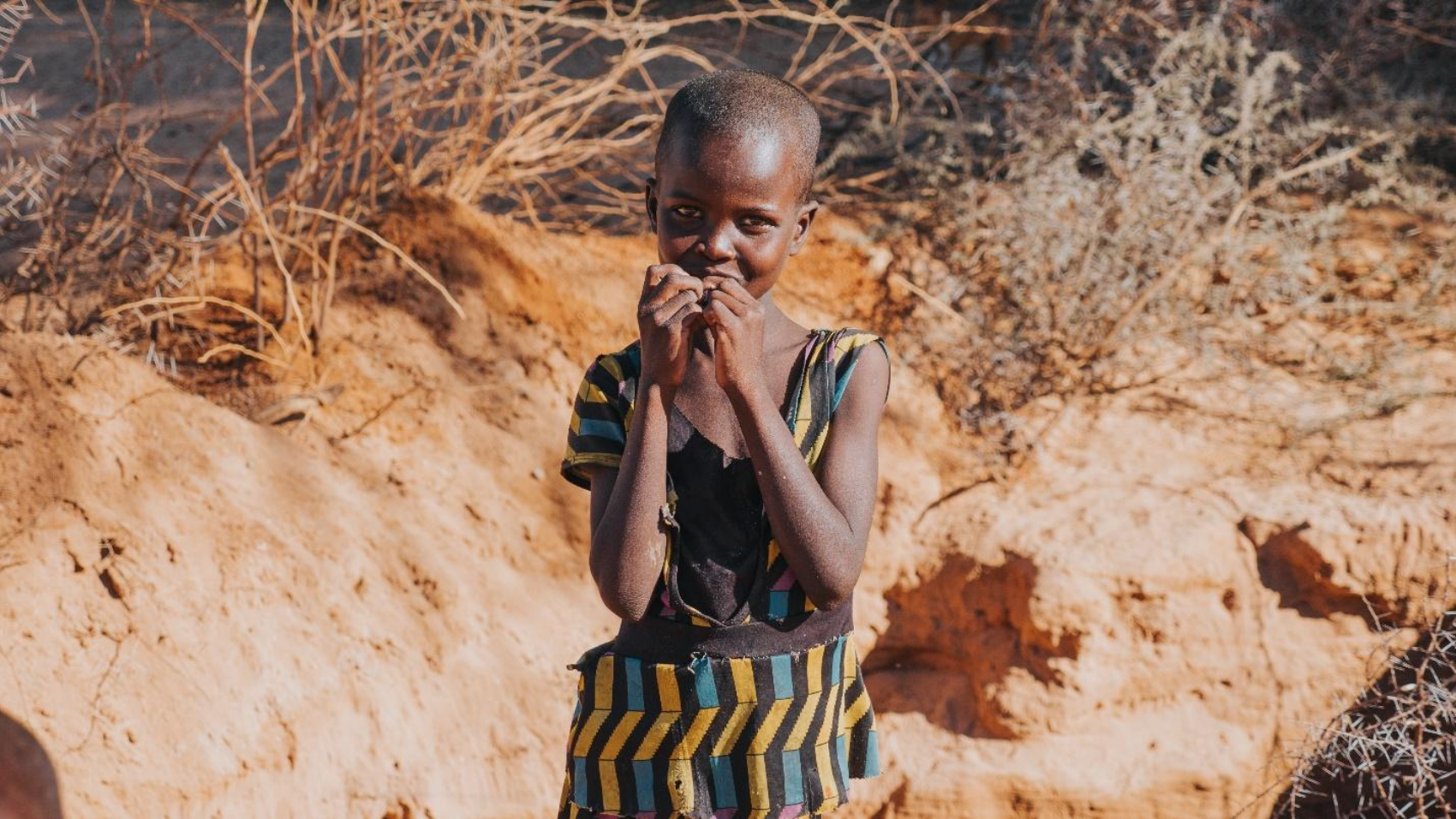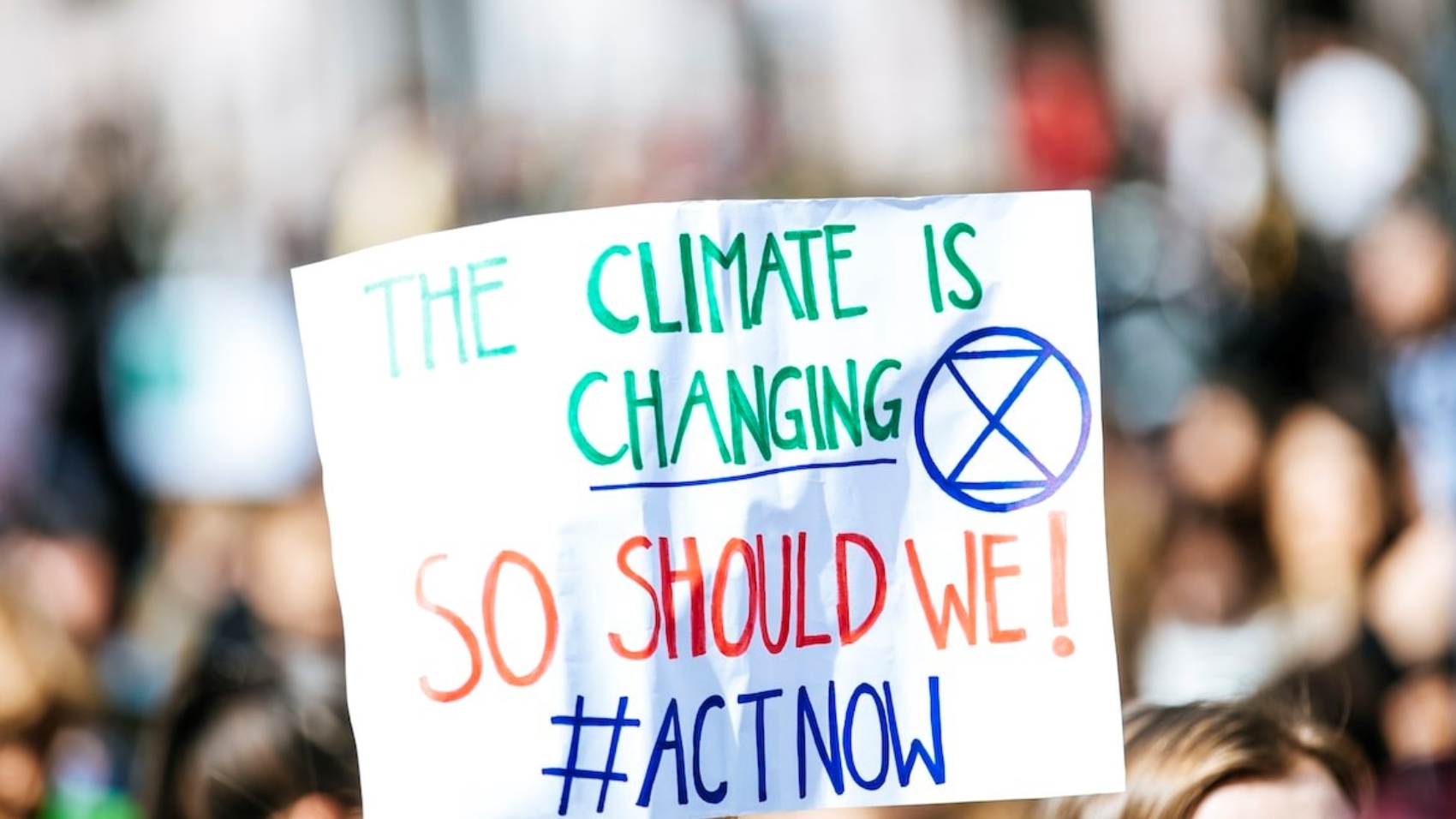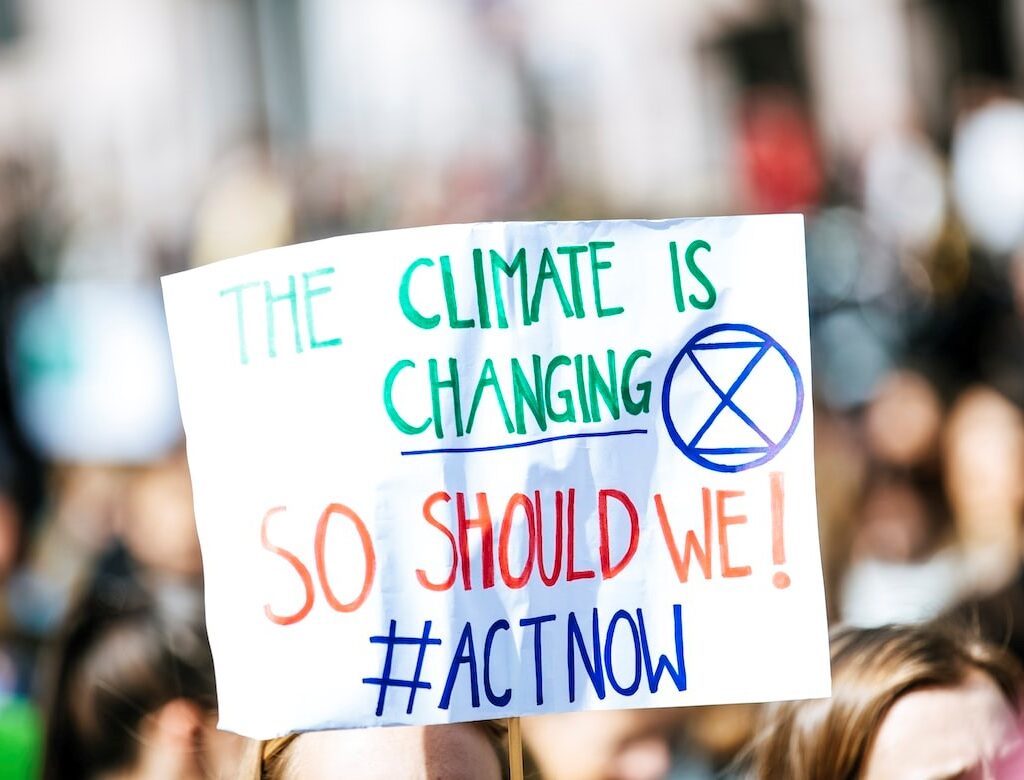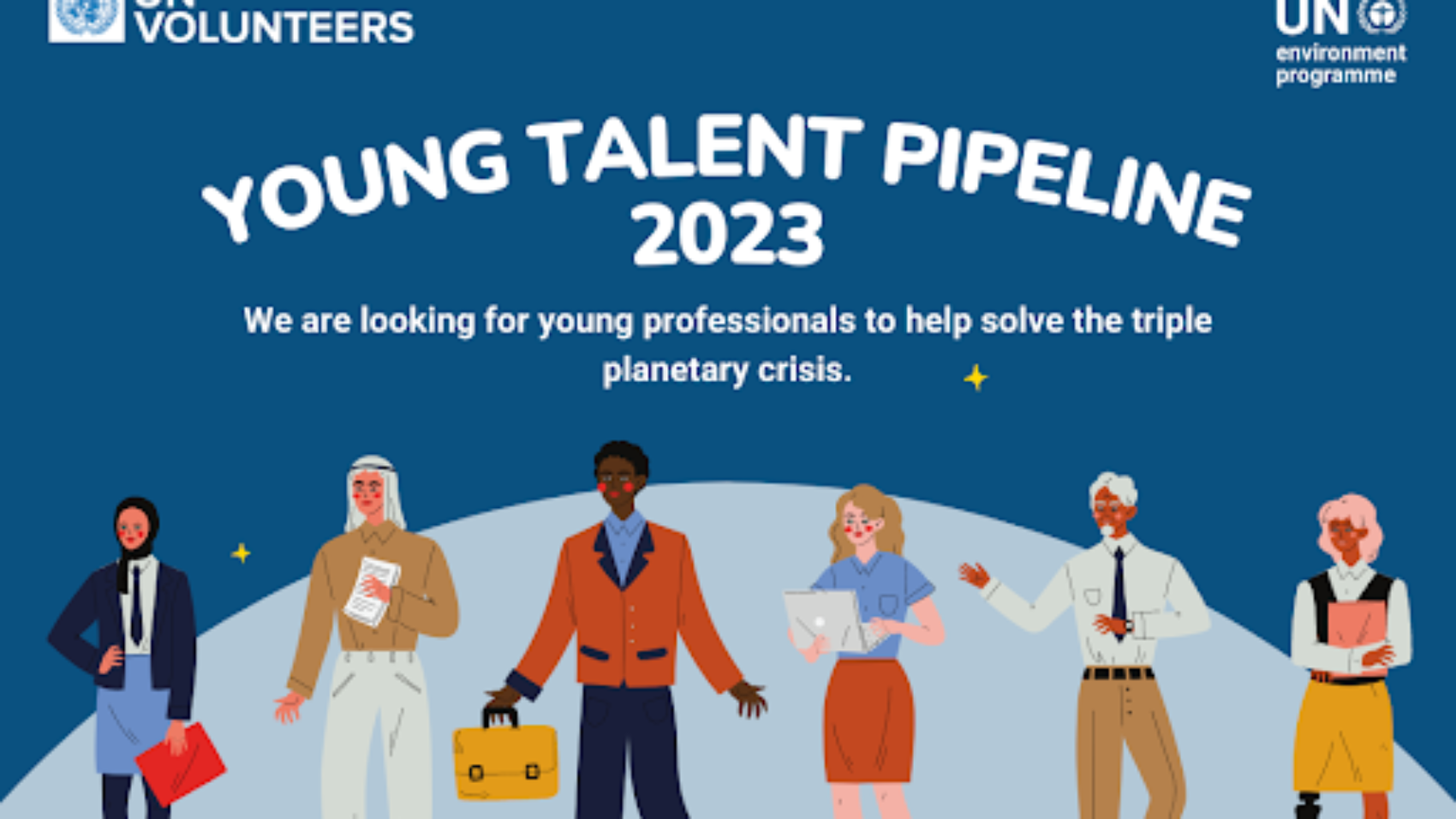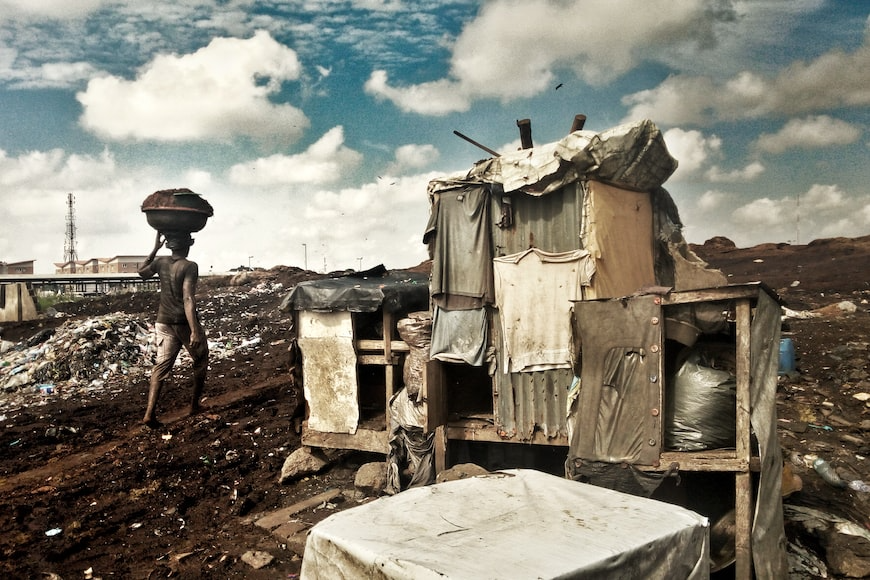
Following the ongoing climate crisis, AGNES Africa is organizing a major stakeholder meeting to look into the agenda broadly, including finding solutions. The western African region has recently hit the headlines due to climate-related matters, with some like rising sea levels displacing hundreds along the coastlines.
The May meeting will involve the parliament of Nigeria and major climate entities like the National Institute of Legislative and Democratic Studies (NILDS) and the National Climate Change Council (NCCC).
Nigeria especially has been worst by different setbacks. Its populated cities have the highest rate of pollution, 44.8%, which contributes to the country’s 10th rank in the continent. Additionally, Lagos ranks 133rd amongst the most polluted cities in the world.
It is upon such meetings to address such factors, highlighting the way forward for the people of Nigeria and Western Africa. Human pollution will be looked into, with factory emissions resulting in unhealthy air and water in the cities of Lagos and Abuja.
AGNES Africa is also looking to raise awareness of climate change through the meeting. This is considering that a large population is already suffering from tough economic times, thus not considering the impact of climate change.
Therefore, the parties and entities involved are looking to have a successful meeting, especially in mobilizing resources for respective projects. The government should also actively participate, especially in funding and getting investors, to show their commitment against the climate crisis.


